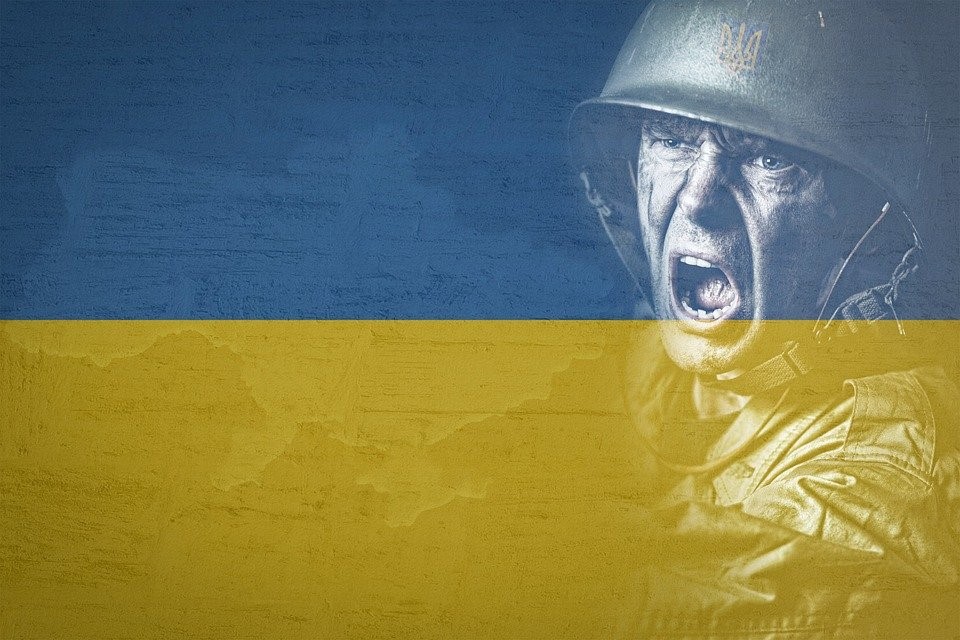Putin expected to spend a few days marching his troops into Kiev and then occupying the whole of Ukraine without much resistance from Ukrainian military forces. Some in Moscow’s political elite went so far as to argue that they would be welcomed there as heroes. It soon became apparent Putin’s “special military operation” was not going to be a simple or short one. As the days turned into weeks, and the weeks developed into months, Western military analysts began reevaluating the real strength of Russia’s military.
One analyst in Washington suggested this week that if Putin was unable to take Ukraine soon, Russian troops certainly could not win a future war against well-disciplined Finish or Swedish forces should Moscow alter plans and try instead to invade Scandinavia. Russian heavy military equipment also receives a failing grade as it is not holding up well on the battlefield. Ukrainian troops, many using donated Western guns, have destroyed large numbers of Russian armored vehicles and tanks and captured or killed several high-ranking Russian military officers. Recently captured Russian drones revealed that they did not contain advanced technology. Their imaging technology was unsophisticated and similar to that of a hand-held Cannon camera. Putin’s miscalculation of the readiness of his forces, the capability of the country’s military technology, and the reaction of the world to his war crimes, has destabilized the region and lad some to call this a post, post-WWII period leading into a pre-WWIII era.
Putin’s options are narrowing. One unanswered question is: what is the Russian leader capable of doing if faced with the reality that he can’t win in Ukraine? He already is committing atrocities unseen since Hitler’s acts of genocide during WWII. One former US military analyst with an expertise in Russian affairs suggested examining statements Putin made about his childhood. The Russian leader grew up in a housing project filled with rats, which he passed on a regular basis going to and from school. As he tells the story, one day he encountered a cornered rat facing certain demise. Putin says he learned then that a cornered rat will fight to the very end and its own death rather than be captured. That may be how Putin views the war in Ukraine today.
The Russian president has been unable to locate enough Ukrainians to stage even one small rally in support of Russian occupying forces. Teachers resigned en masse when ordered to change the language in which school children are educated from Ukrainian to Russian. In Melitopol some school directors resigned too, despite offers of bonuses to be paid in Russian denominated rubles, according to a report this week from the Jamestown Foundation. Despite the challenges, Putin appears like the cornered rat he recalled from his childhood, to willingly fight until the bitter end.
Forty-seven days into its invasion of Ukraine, Defense One says, “Russia is regrouping for another battle for the Donbas—and has named a Russian general known for his brutality as head of operations in Ukraine.” His name is Gen. Alexander Dvornikov. He also is known as “the Butcher of Syria” for the indiscriminate killing of civilians in Aleppo and Homs.
Pentagon press secretary John Kirby says that “Sadly, we can all expect that the same brutal tactics, that same disregard for civilian life and civilian infrastructure, will probably continue as they now focus in a more geographically confined area in the Donbas” under Gen. Dvornikov.
Most analysts in Washington this week seem to agree that Russia is not retreating but simply reorganizing its forces to prepare for a new major assault. Last weekend satellite imagery indicated the massing of large Russian convoys along routes leading to the occupied Donbas region of Ukraine.
In a speech posted to his Facebook account, Ukrainian president Zelensky told his country’s assembly: “Russia wants to dominate and believes it can do this in only one way… Sending its army that was brought up in total lawlessness to destroy everything that allows other nations to live.” If Putin does succeed in capturing more areas in the Donbas, he still will face an indigenous insurgency movement in the region in the coming years. Western government leaders are calling for Putin personally to face war crimes charges after the recent discovery of a number of mass graves. The war is far from over, even if there is a cessation of hostile fire.
Daria Novak served in the U.S. State Department. She currently teaches at a major university.
